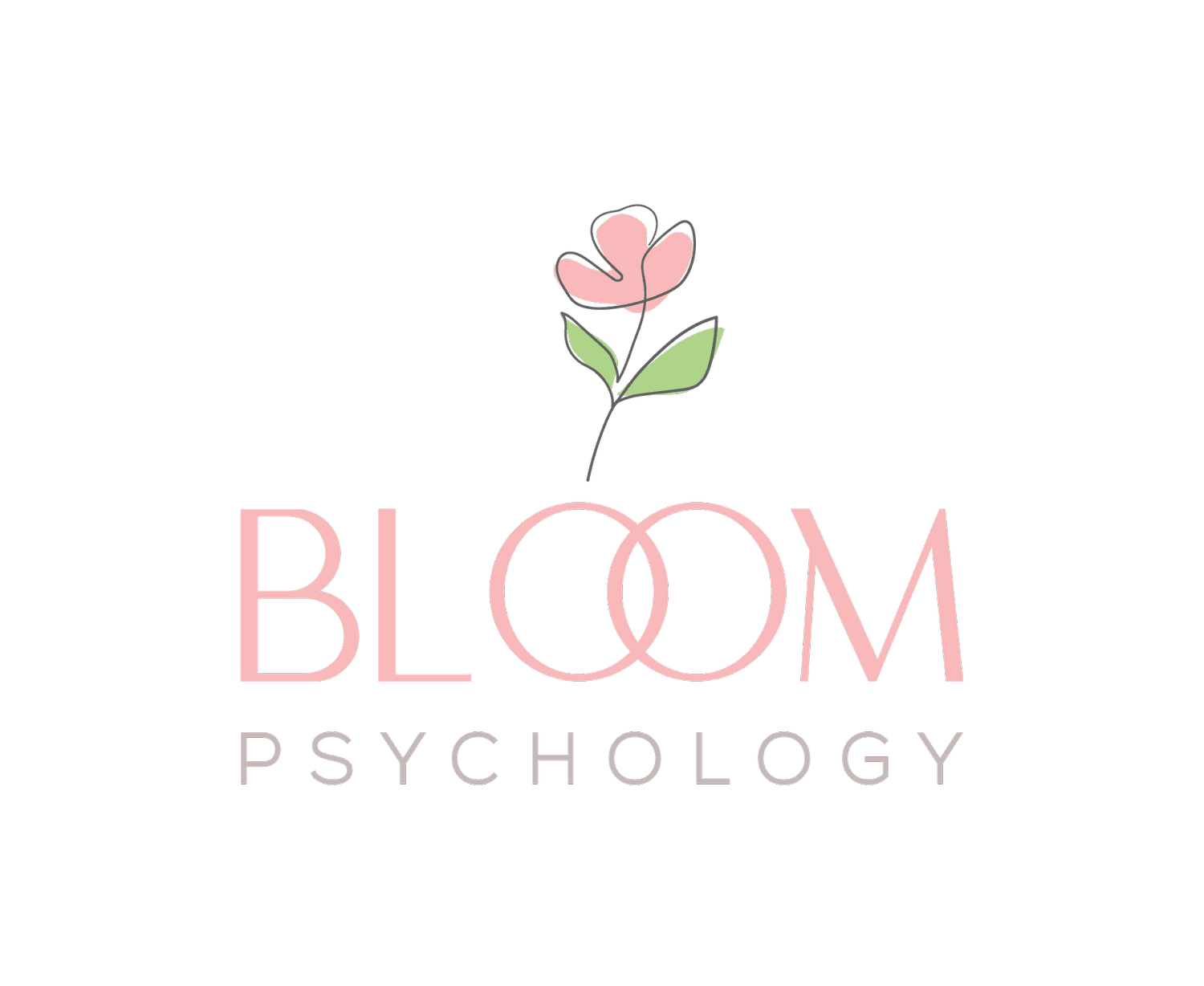When to Seek Help for Postpartum Depression & Anxiety
Understanding when and how to get support for your mental health. This guide helps you recognize signs and take appropriate action.
How to Use This Guide
Assess Your Situation
Use this guide to identify which category best describes your experience
Take Immediate Action
Follow the recommended action for your situation level
Build Your Support Team
Connect with professionals, family, and peer support
Create a Safety Plan
Have numbers, strategies, and support ready for tough days
Levels of Support Needed
🚨 EMERGENCY - Get Help Now
Thoughts of hurting yourself or your baby
→ Call 911 or go to emergency room immediately
Hallucinations or hearing voices
→ Seek immediate medical attention
Severe confusion or inability to think clearly
→ Have someone take you to emergency room
Cannot care for yourself or your baby
→ Call for immediate help from family/emergency services
Feeling completely disconnected from reality
→ Emergency medical evaluation needed
⚠️ URGENT - Within 24-48 Hours
Persistent thoughts of death or dying
→ Contact therapist or crisis line within 24 hours
Severe anxiety or daily panic attacks
→ Schedule therapy appointment this week
Cannot sleep for several days in a row
→ Contact healthcare provider immediately
Cannot eat or significant weight loss
→ Medical evaluation needed this week
Extreme mood swings affecting daily life
→ Professional mental health assessment needed
Obsessive worries about baby's safety
→ Specialized maternal mental health support
📅 MODERATE - Within 1-2 Weeks
Feeling sad or anxious most days
→ Schedule therapy consultation within 1-2 weeks
Difficulty bonding with your baby
→ Maternal mental health specialist recommended
Sleep problems (too much or too little)
→ Discuss with healthcare provider
Loss of interest in activities you used to enjoy
→ Mental health screening recommended
Feeling overwhelmed by daily tasks
→ Support services and therapy can help
Guilt or shame about being a mother
→ Specialized postpartum support groups
🌱 MILD - Self-Care & Monitoring
Occasional stress or feeling tired
→ Self-care strategies and peer support
Adjusting to new routines
→ Normal transition - continue monitoring
Need information about postpartum changes
→ Educational resources and support groups
Wanting to connect with other moms
→ Mom groups and community resources
Common Myths About Seeking Help
❌ Myth:
"I should be able to handle this on my own"
✅ Truth:
Seeking help is a sign of strength and good parenting
❌ Myth:
"Other moms seem to have it all together"
✅ Truth:
Many mothers struggle - you're not seeing the full picture
❌ Myth:
"This will go away on its own"
✅ Truth:
Professional support can help you feel better faster
❌ Myth:
"I'm a bad mother for feeling this way"
✅ Truth:
Mental health challenges don't reflect your love for your child
Ready to Take the Next Step?
Seeking help early leads to better outcomes. Don't wait until things feel overwhelming—support is available at every level of need.
